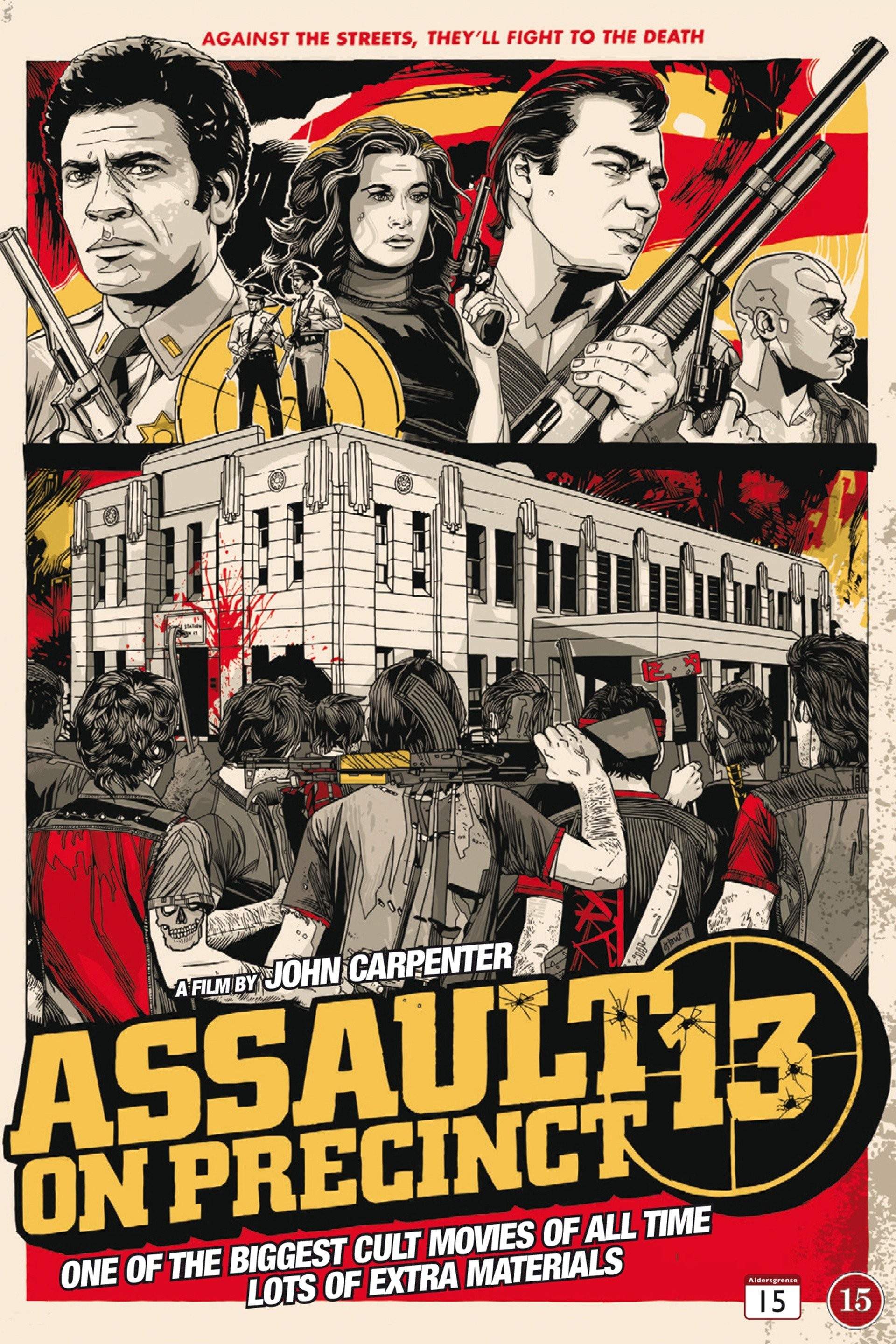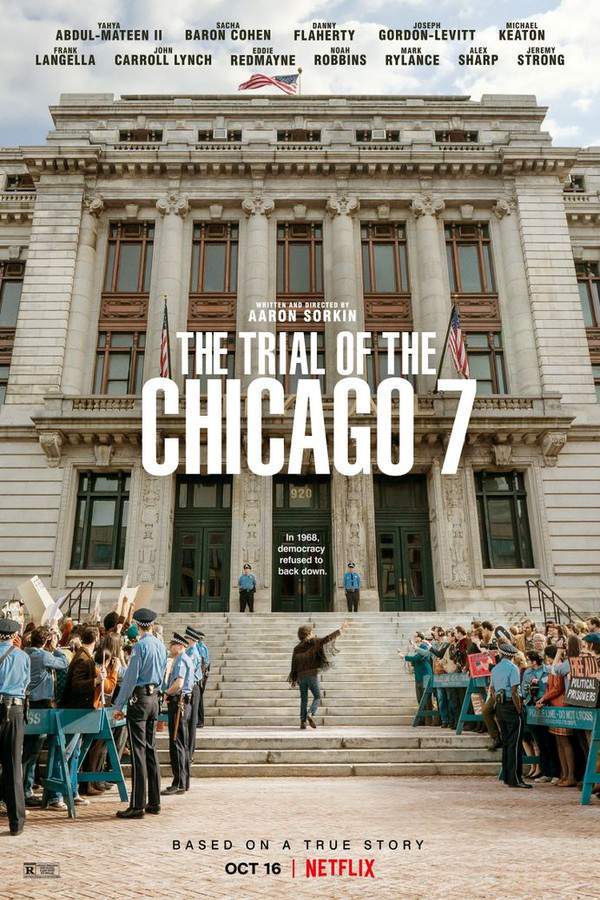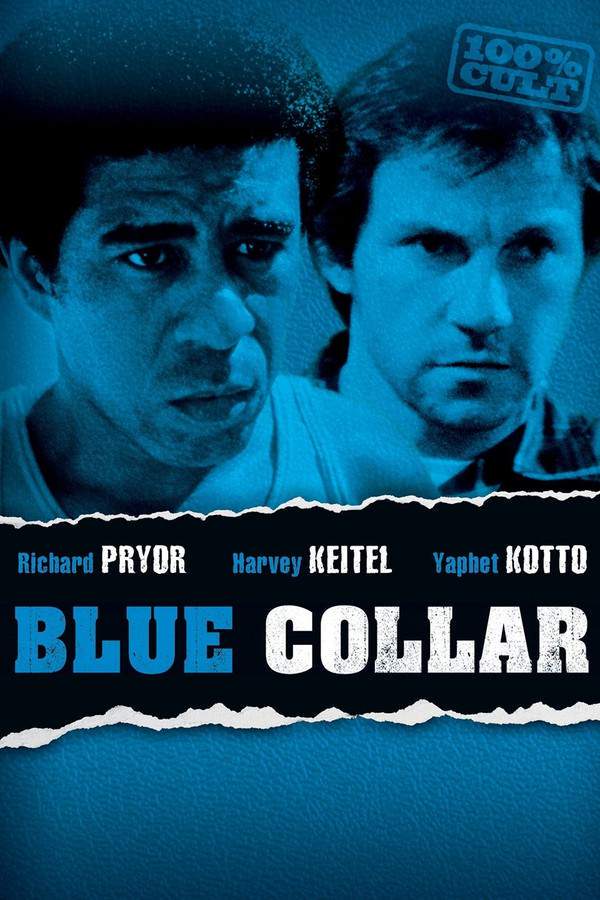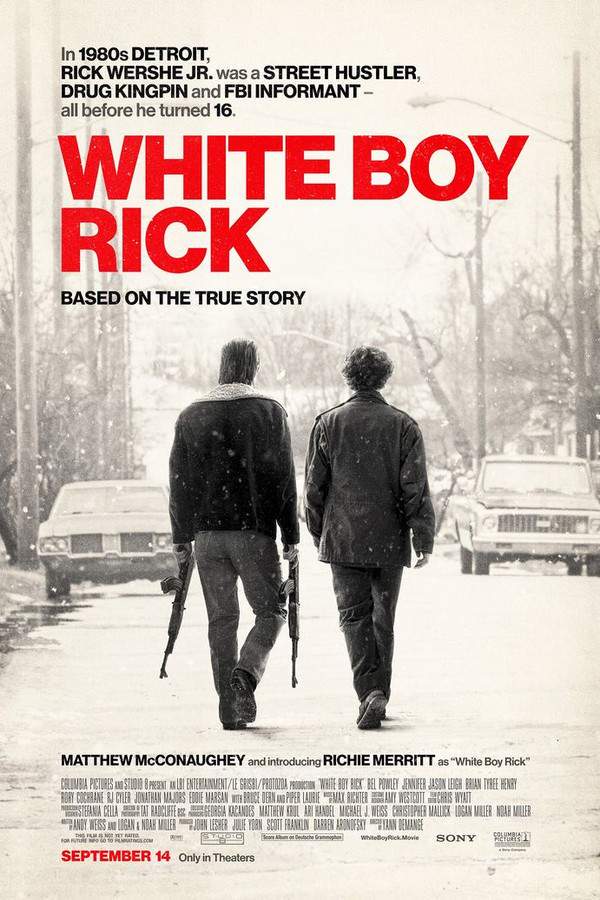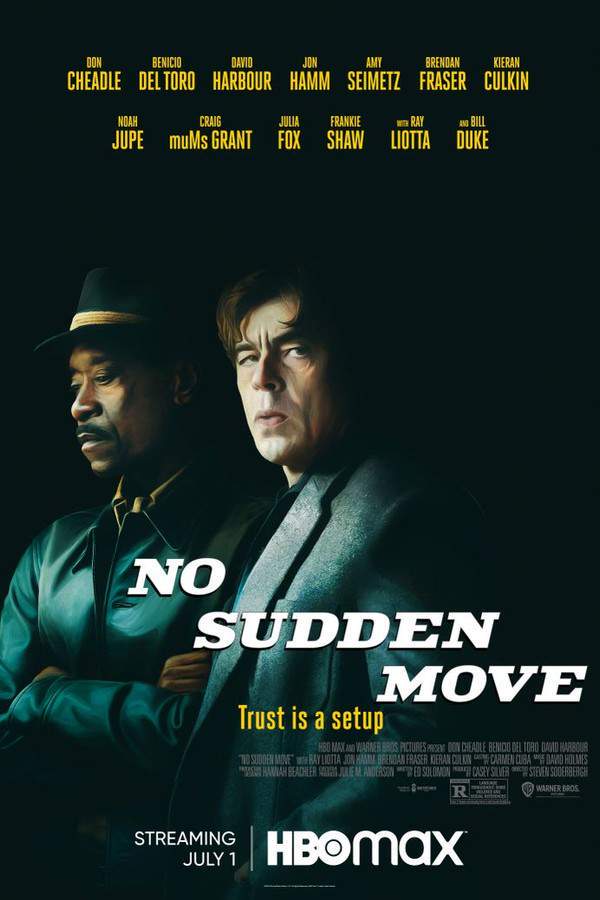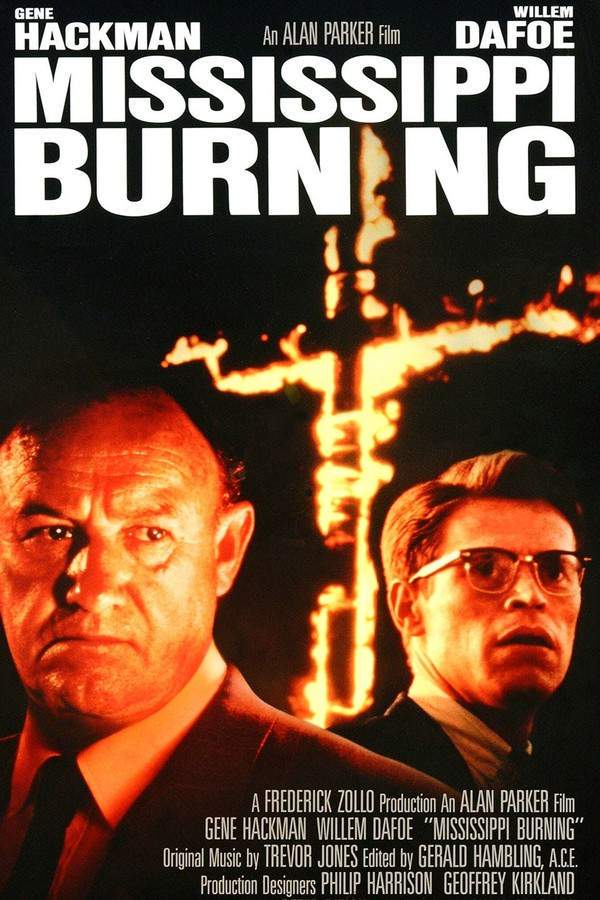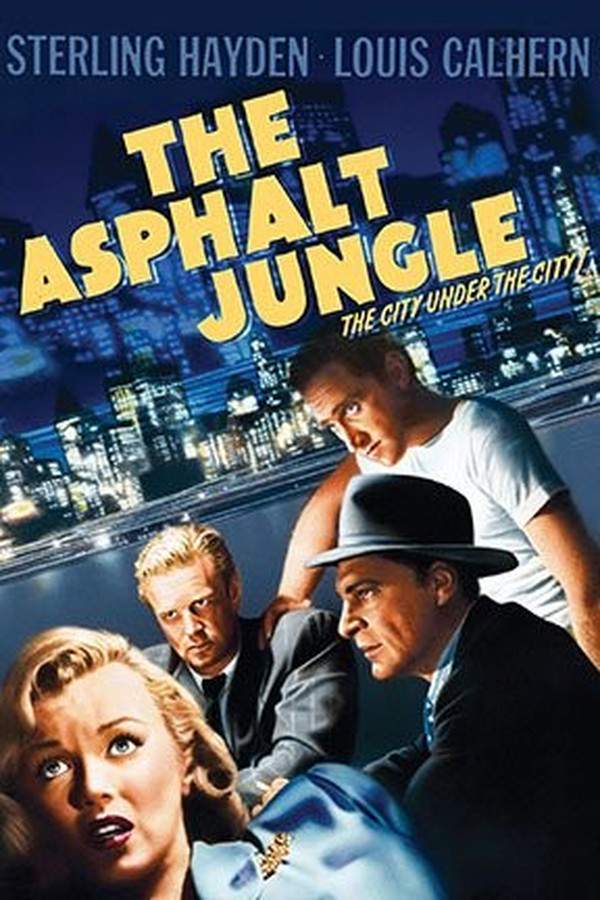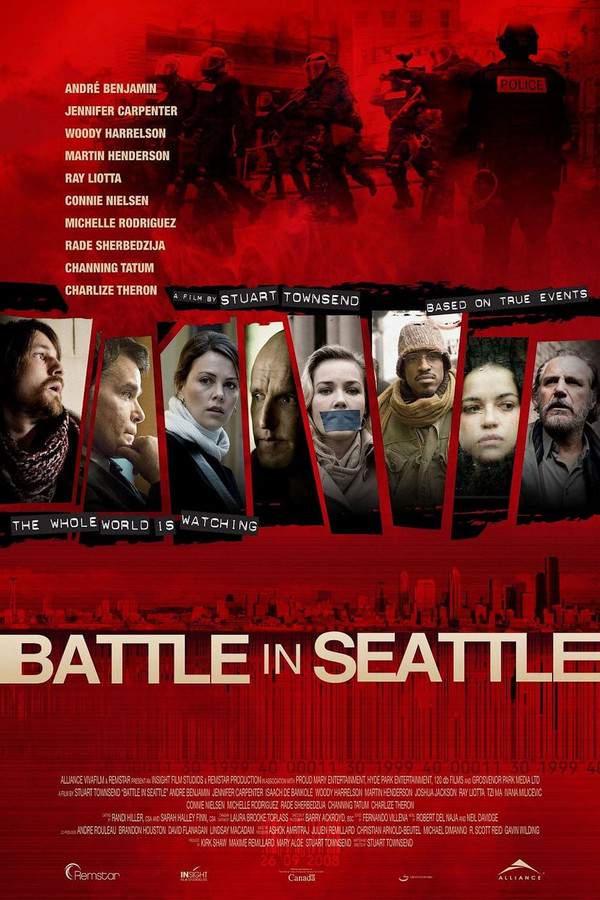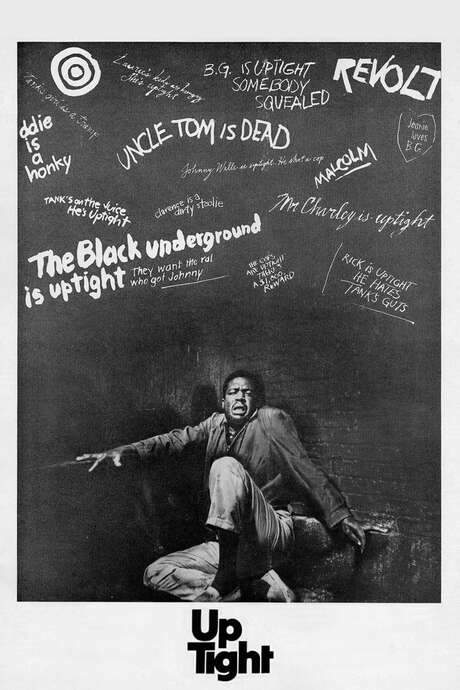
Detroit 2017
Directed by

Kathryn Bigelow
Made by

Annapurna Pictures
Test your knowledge of Detroit with our quiz!
Detroit Plot Summary
Read the complete plot summary and ending explained for Detroit (2017). From turning points to emotional moments, uncover what really happened and why it matters.
In the tumultuous atmosphere of 1960s America, racial tensions were high, particularly in Detroit, where an increasingly polarized society existed. With a significant African American population residing in segregated neighborhoods overseen by an aggressive white police force, the fabric of community was fraying. On July 23, 1967, in an unfortunate turn of events, the Detroit police raided an unlicensed club during a joyous celebration meant for returning African American veterans from the Korean and Vietnam Wars. As arrests were made, a mob quickly gathered, escalating the situation as they hurled rocks at law enforcement and looted local businesses, culminating in the start of the 12th Street Riot.
Faced with the chaos, civil authorities struggled to restore order, prompting Governor George W. Romney to mobilize the Michigan National Guard along with Army paratroopers to assist in the escalating crisis. On the second day of riots, during a pursuit of a fleeing looter, Philip Krauss (Will Poulter) fatally shoots the suspect, ignoring direct orders, yet he is allowed to remain active until a decision is made on potential murder charges against him.
Amidst this turmoil, a renowned African American R&B group, The Dramatics, arrives in Detroit in hopes of securing a recording contract. Just as they’re set to perform at a local music venue, police intervene, closing the venue and evicting them from the city. Their tour bus is attacked by rioters, leading to the group splintering. Larry Reed (Algee Smith) and his friend Fred Temple (Jacob Latimore) find shelter at the Algiers Motel for the night, where they encounter two white girls, Julie Ann (Hannah Murray) and Karen (Kaitlyn Dever). They are introduced to Carl Cooper (Jason Mitchell) and Aubrey Pollard (portrayed by ****). After a prank turns sour, which upsets Julie and Karen, they decide to switch rooms.
Meanwhile, Melvin Dismukes (John Boyega), a private security guard, is tasked with protecting a grocery store from looters. As tensions mount, Carl discharges several blanks toward the troops, inadvertently provoking them into believing they are under sniper fire, leading to a tragic response. A contingent of police arrives, spearheaded by Krauss, who fatally shoots Carl as he attempts to flee, disgracefully planting a knife next to him as evidence.
What follows is a horrifying series of events where Dismukes and the police round up the hotel guests, coercing them under threats of violence to identify the supposed shooter. Despite a search yielding no weapon, Krauss becomes increasingly aggressive, subjecting the group to psychological torture disguised as a “game.” In a shocking series of betrayals, Aubrey is killed during the chaos, while the remaining guests are coerced into silence about the night’s events.
As the riots begin to ebb, the repercussions are felt deeply. Dismukes finds himself in a dire situation when he is arrested and wrongfully charged with murder after Julie erroneously identifies him from that fateful night. Amid investigations, many officers implicated are questioned, and with a lack of substantial evidence, the all-white jury ultimately acquits both Dismukes and Krauss, leaving Dismukes to confront the harsh reality of injustice.
In a poignant closing, the aftermath for those involved is revealed: Dismukes relocates to avoid retaliation and continues working as a security guard; Krauss and his colleagues remain on the force, though they never return to active duty; Julie rebuilds her life by starting a family; and Larry, haunted by past trauma, eventually finds solace as a choir singer, continuing to call Detroit home to this day.
Detroit Timeline
Follow the complete movie timeline of Detroit (2017) with every major event in chronological order. Great for understanding complex plots and story progression.
Racial Tensions in 1960s America
The 1960s in America were marked by intense racial tensions, especially in urban centers like Detroit. With a significant African American population living in segregated neighborhoods, there was a palpable friction between the communities and the aggressive police force overseeing them.
July 23, 1967: Police Raid
On July 23, 1967, Detroit police raided an unlicensed bar celebrating the return of African American veterans from military service. This unfortunate event sparked outrage, and a mob quickly gathered, escalating the situation as they began to protest and loot local businesses.
Start of the 12th Street Riot
The raid on the bar ignited the 12th Street Riot, which would become one of the most devastating riots in American history. People expressed their anger with violence and unrest, marking the start of widespread civil disorder in the city.
Mobilization of the National Guard
In response to the chaos of the riots, Michigan Governor George W. Romney mobilized the Michigan National Guard and Army paratroopers to restore order in Detroit. This decision underscores the severity of the situation and the inability of local authorities to manage the unrest.
Fatal Shooting of a Looting Suspect
During the second day of the riots, officer Philip Krauss shot a fleeing looter, ignoring orders to refrain from firing. This incident further inflamed tensions and raised questions about police conduct amidst the crisis that was unfolding.
The Dramatics Arrive in Detroit
Meanwhile, the renowned African American R&B group, The Dramatics, arrived in Detroit, hoping to secure a recording contract. Their excitement quickly turned to despair when police closed down the venue where they were set to perform, forcing them to leave the city.
Rioters Attack Tour Bus
As The Dramatics attempted to leave, their tour bus was attacked by rioters, forcing the group to splinter and seek safety. Larry Reed and Fred Temple found refuge at the Algiers Motel, a temporary safe haven during the unrest.
A Night at the Algiers Motel
At the Algiers Motel, Larry and Fred met two white girls, Julie and Karen, and shared a bittersweet experience amidst the chaos. However, after a prank went awry, tensions arose, prompting the girls to decide to switch rooms, setting the stage for the ensuing tragedy.
Carl Cooper Provokes Police
In a misguided attempt to play a prank, Carl Cooper fired several blanks outside, inadvertently convincing police that they were under sniper fire. This dangerous miscalculation led to a catastrophic response from the police, heightening the already volatile situation.
Police Arrive at the Motel
Following the blank shots fired by Cooper, police, led by Krauss, raided the Algiers Motel. In the chaos, Krauss fatally shot Carl as he attempted to flee, disgracefully planting a knife near him to fabricate evidence and cover up the misconduct.
Torture and Coercion
Following the shooting, the police rounded up the motel’s guests, threatening violence to extract confessions regarding the supposed shooter. This horrific event unfolded as the guests endured psychological torture under the guise of a 'game', leading to tragic outcomes.
Death of Aubrey Pollard
In the turmoil of that night, Aubrey Pollard was killed as police brutality escalated. The ensuing chaos left the remaining guests in fear and distrust, further highlighting the systemic violence that permeated the situation.
Dismukes Wrongfully Charged
As the riots began to subside, Melvin Dismukes was wrongfully arrested and charged with murder after Julie mistakenly identified him. This incident illustrated the tragic flaws in the justice system and the racial injustices that persisted post-riot.
Trial and Acquittal
In the aftermath of the investigations, multiple officers were questioned, but an all-white jury ultimately acquitted both Dismukes and Krauss, despite the evidence of misconduct. This not only highlighted systemic racism but also left Dismukes confronting the unjust outcomes of the events.
Aftermath for the Survivors
In closing, the aftermath of the riot left deep scars on all involved. Dismukes relocated to escape potential retaliation, while Krauss remained on the force, albeit never returning to active duty. Other survivors like Julie and Larry attempted to rebuild their lives, shaped forever by the horror of that night.
Detroit Characters
Explore all characters from Detroit (2017). Get detailed profiles with their roles, arcs, and key relationships explained.
Philip Krauss
Philip Krauss is a police officer whose actions during the Detroit riots lead to tragic consequences. He exhibits a disturbing blend of authority and recklessness, demonstrating the darker side of law enforcement under pressure. His character represents the institutional failure and brutality faced by marginalized communities.
Larry Reed
Larry Reed is a young R&B singer caught in the maelstrom of riots while pursuing his dreams. His character reflects the hopes and fears of African Americans during this volatile period, showcasing resilience amidst adversity. Larry's journey resonates through his passion for music and his struggle for survival.
Melvin Dismukes
Melvin Dismukes serves as a private security guard, trying to protect his community amid chaos. He embodies a sense of duty and morality, grappling with the injustices he encounters. His character highlights the complexity of individual choices in a climate of fear and violence.
Detroit Settings
Learn where and when Detroit (2017) takes place. Explore the film’s settings, era, and how they shape the narrative.
Time period
1960s
The 1960s were a period of significant social upheaval in the United States, characterized by the civil rights movement, counterculture, and widespread protests. In cities like Detroit, racial tensions boiled over, leading to riots and unrest that revealed the deep-seated divisions in American society. This decade saw a struggle for equality, not just in legislation, but also in daily life.
Location
Detroit
Detroit, known as the Motor City, is a major city in the U.S. state of Michigan. In the 1960s, it was a melting pot of cultures, but also a focal point for racial tensions and civil rights struggles. The city is particularly noted for its influential music scene, which gave birth to genres like Motown and R&B.
Detroit Themes
Discover the main themes in Detroit (2017). Analyze the deeper meanings, emotional layers, and social commentary behind the film.
⚖️
Injustice
The film illustrates the deep injustices faced by African Americans during a turbulent time in history. It reveals systemic racism within law enforcement and the legal system, highlighting how individuals can be wrongfully accused and suffer grave consequences. The injustices portrayed serve as a stark reminder of the ongoing struggle for racial equality.
🎤
Music
Music plays a vital role as both a unifying force and a backdrop to the events unfolding in Detroit. The arrival of The Dramatics emphasizes the cultural significance of music in providing hope and identity amidst chaos. The rhythm and soul of the city’s music scene contrast sharply with the tension of the surrounding violence.
🔫
Conflict
The film delves into the conflict between law enforcement and the community during the 12th Street Riot. It portrays the escalation of violence and the tragic outcomes stemming from misunderstandings and fear. The narrative captures the fragility of human lives caught in the crossfire of societal turmoil.

Coming soon on iOS and Android
The Plot Explained Mobile App
From blockbusters to hidden gems — dive into movie stories anytime, anywhere. Save your favorites, discover plots faster, and never miss a twist again.
Sign up to be the first to know when we launch. Your email stays private — always.
Detroit Spoiler-Free Summary
Discover the spoiler-free summary of Detroit (2017). Get a concise overview without any spoilers.
In the summer of 1967 Detroit simmers on the edge of an explosive clash, its streets awash with the sound of sirens, protest chants, and the restless heartbeat of a city divided. The city’s stark racial lines and mounting civil unrest provide a charged backdrop where ordinary moments can tip into chaos. The film captures this volatile atmosphere with a gritty, almost claustrophobic visual style, letting the heat of the riots seep through every hallway and window, while a simmering sense of dread hangs over every encounter.
At the center of this turmoil is an unlikely group of strangers who converge at the Algiers Motel for a brief night of shelter. Larry Reed, a young African‑American veteran with a quiet intensity, arrives with his friend Fred Temple, both hoping for a reprieve from the surrounding unrest. Sharing the cramped space are two white college students, Julie Ann and Karen, whose different backgrounds spark both tension and fragile camaraderie. The motel’s other residents include Carl Cooper, a charismatic but uneasy figure, and Aubrey Pollard, whose quiet demeanor belies a deeper resolve. Across the door, Melvin Dismukes, a security guard tasked with protecting a local business, watches the streets with a wary eye, while Lieutenant Philip Krauss leads a police presence that feels both authoritative and uncertain.
As night deepens, the motel becomes a pressure cooker where fear, suspicion, and survival instincts collide. The tone hovers between stark realism and an unsettling suspense, inviting viewers to wonder how each character will navigate the thin line between obedience and conscience. The film promises a powerful meditation on justice, community, and the personal cost of a city in flames, leaving the audience poised on the edge of a night that could redefine every life within those walls.
Can’t find your movie? Request a summary here.
Movies with Similar Twists and Themes
Uncover films that echo the narrative beats, emotional arcs, or dramatic twists of the one you're exploring. These recommendations are handpicked based on story depth, thematic resonance, and spoiler-worthy moments — perfect for fans who crave more of the same intrigue.
Featured on this page

What's After the Movie?
Not sure whether to stay after the credits? Find out!
Explore Our Movie Platform
New Movie Releases (2025)
Famous Movie Actors
Top Film Production Studios
Movie Plot Summaries & Endings
Major Movie Awards & Winners
Best Concert Films & Music Documentaries
Movie Collections and Curated Lists
© 2025 What's After the Movie. All rights reserved.


